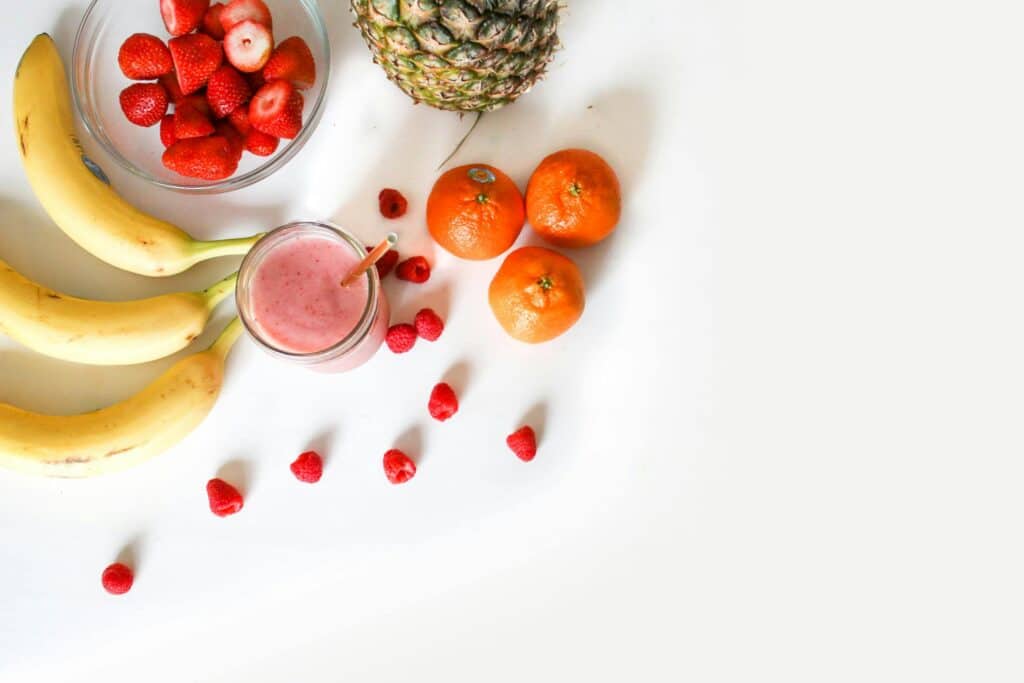EduNut | A new project about food literacy for teachers and educators

Pioneering Food Literacy Education for a Sustainable Tomorrow
A groundbreaking project is redefining how education can address sustainability challenges. Focused on secondary school students and teachers, the initiative aims to foster critical thinking, promote conscious food choices, and inspire systemic change in global food systems.
A Mission to Transform
The project’s primary goal is ambitious yet essential: to nurture young people as critical thinkers and future leaders capable of driving the Green Transition. By instilling Futures Literacy and Systems Thinking, the initiative empowers students to understand and influence food systems, fostering a culture of sustainability from a young age.
Empowering Educators
Teachers play a vital role in shaping this transformation. The project equips educators with tools and methodologies to teach Food Literacy effectively. This includes developing a robust database of good practices, compiling case studies, and conducting an in-depth study on integrating Futures Literacy into education. These resources ensure teachers are well-prepared to inspire and guide their students.
Bridging Formal and Non-Formal Education
Innovation is at the heart of this initiative. By blending traditional classroom instruction with non-formal methods such as board games and participatory pedagogies, the project delivers dynamic and engaging learning experiences. This holistic approach ensures students are not only informed but also motivated to take action in their personal lives and communities.
A Path Toward Sustainable Habits
The project, cofunded by Erasmus+ and led by TalTech University of Tallin, emphasizes the development of sustainable consumption habits among students. By enhancing their Futures Literacy and understanding of food systems, young people are encouraged to lead by example, inspiring peers and families to make conscious choices.
Building a Greener Future
With its focus on equipping both students and teachers, this initiative is a powerful step toward reimagining education for sustainability. It envisions a future where young people are empowered to lead the transformation of food systems, contributing to a more equitable and sustainable world for generations to come.
To know more about the project visit the official website: https://foodeducation.eu/
